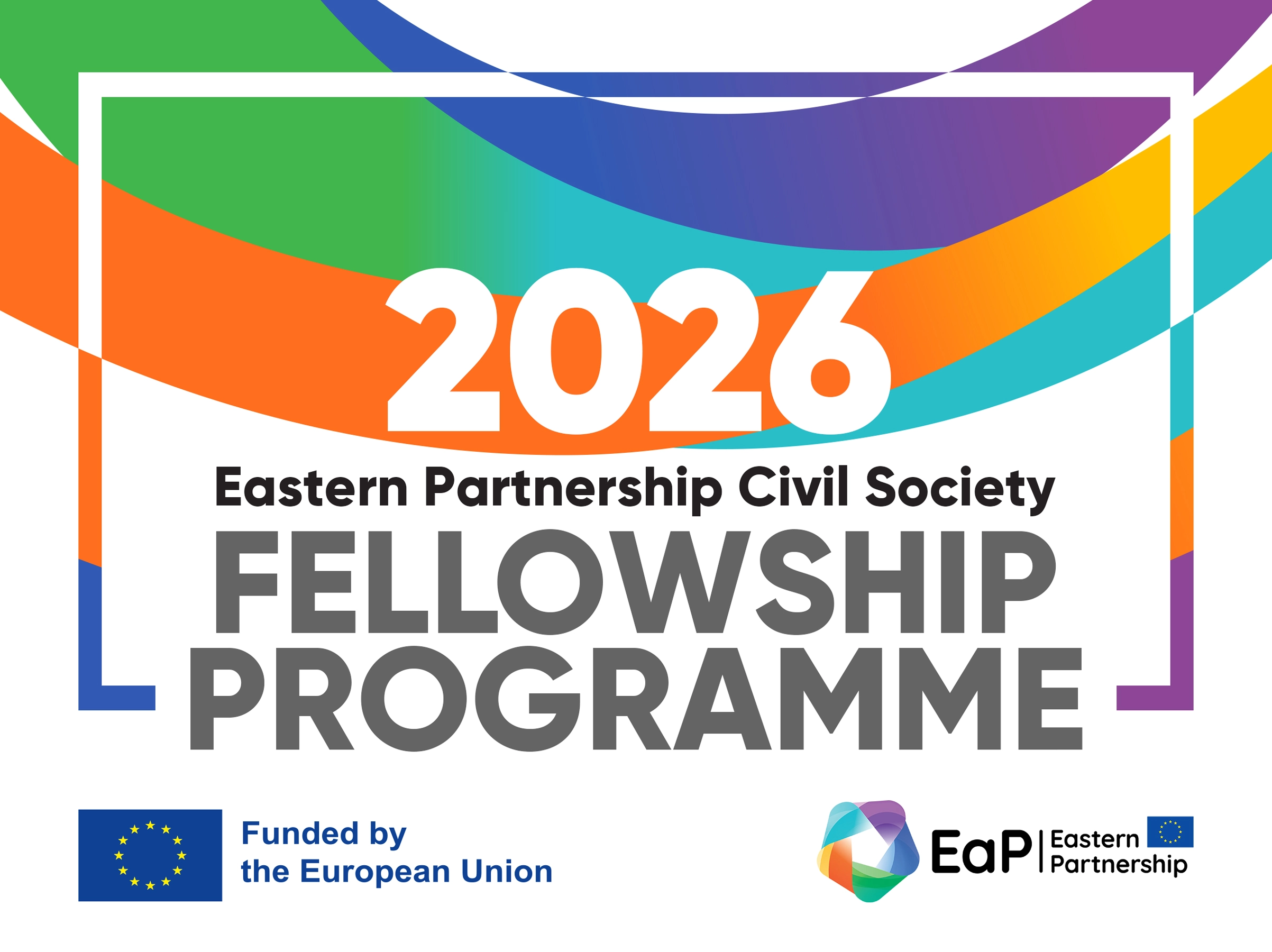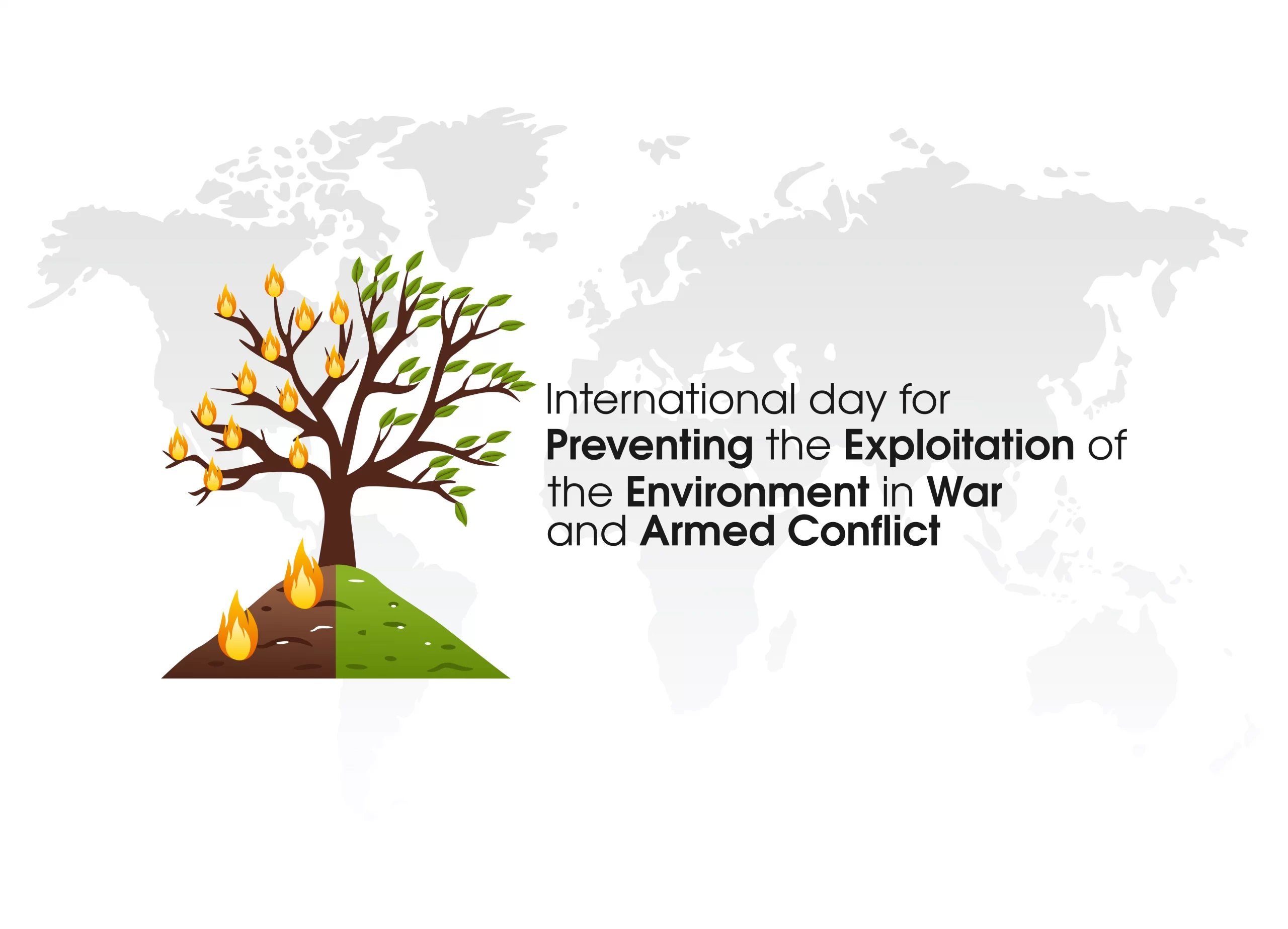Upd.: the 1st Call for applications for the 2026 EaP Civil Society Fellowship Programme is closed. Next Call will be opened in spring 2026!

The Eastern Partnership Civil Society Facility Project is pleased to announce the first Call for Applications for its 2026 EU-funded Fellowship programme!
This Call for Civil Society Fellows is open to all citizens of the Eastern Partnership countries (Armenia, Azerbaijan, Belarus, Georgia, Moldova and Ukraine) regardless of their current location. The submission of Concept Notes must be made online by 30th December 2025.
Applications can be made online following the guidelines for priorities and eligibility, with extra evaluation points available to all applicants meeting the criteria of the ‘Call’s’ special theme: ‘Civil Society Resilience’. You can find out more information by reading the 2026 Fellowship Application Guidelines.
You can only make one application per Call, but if you’re not successful on one Call, you can always make a new application on future Calls.
Note: Future Calls’ will be opened in Spring 2026, Winter 2026, and finally Spring 2027.
Apply Here by December 30, 2025!
- 18 years old or above, and citizen of one of the Eastern Partnership countries (Armenia, Azerbaijan, Belarus, Georgia, Moldova and Ukraine)
- Highly motivated to contribute to the civic community
- Have a great idea for a fellowship project either in the area of community engagement or civic tech
- Ambitious to learn and grow as a civic leader
- A working knowledge of English
- An average of 5,000 EUR to cover the costs of a fellowship project
- Coaching on project management, communication skills, and other technical topics
- Opportunities to join international events and advanced learning courses
- Participating in activities of an international alumni of Fellows
- The prestige of being an EU Eastern Partnership Civil Society Fellow
The 1st Call for 2026 cohort of Fellows is open to any fellowship project ideas which contribute to:
- Having a resilient, sustainable and integrated economy
- Strengthening accountability, rule of law, and security
- Ensuring environmental and climate resilience
- Contributing to resilient and inclusive digitalisation
- Promoting participatory decision-making and social justice
In addition, for this Call, additional evaluation points will be given for fellowship projects which contribute to strengthening the resilience of civil society through taking actions in one or more of the following domains:
- Institutional & Organisational Resilience:
• Strong governance and accountability structures within CSOs;
• Financial sustainability – diversified funding, and reduced dependency on external donors;
• Digital and adaptive capacities, including resilience to cyber threats and misinformation;
• Supporting the mental well-being of CSO staff, supporters, and activists. - Legal & Political Resilience
• A safe and enabling environment where CSOs and activists can freely associate, express, and operate;
• Resilience requires advocacy of the rule of law, independent judiciary, and for the protection of civic space. - Social & Network Resilience
• Building solidarity and cooperation among CSOs and activists, and with citizens, in order to maintain a civic space; • Bridging social divides — promoting inclusion, equality, and participation – rather than contributing to tensions that lead to conflict;
• CSOs and activists help society resist populism, disinformation, and polarization by maintaining trust and dialogue;
• Peer-to-peer learning activities and building coalitions for sharing knowledge and experience.
Apply for a Civic Digital Fellowship if you plan to do any of the activities below:
- Advocacy campaigns on issues such as open data, data quality, e-services for citizens, and budgetary transparency
- Improving the quality of data (such as making existing public data machine-readable or generating and publishing open and reusable data needed for further development of digital solutions for transparency and accountability in the region).
- Developing new digital solutions addressing community needs, helping citizens better hold governments to account, contributing to the improvement of public services, and/or improving CSO accountability.
- Promoting / rolling out and expanding the existing civic tech solutions that address community needs, help citizens better hold governments to account, contribute to the improvement of public services and/or CSO accountability, and building the relevant skills of the potential users
Apply for a Community Engagement Fellowship if you plan to do any of the activities below:
- Collecting local evidence: supporting fellows to collect and analyse evidence on key issues of public service delivery at local and national level.
- Involvement in policymaking: allowing fellows to gain expertise on specific policy issues, draft policy paper/recommendations and organise advocacy campaigns; helping fellows get access to government channels in order to better get their ideas across.
- Capacity development: supporting mentoring and job shadowing schemes and involving fellows in training of trainers in order to train other members of their organisations, as well as members of other CSOs from relevant networks. This may also include, although not exclusively, job shadowing or study visits with CSOs in EU Member States
- Involvement in monitoring public administration activity and results: supporting fellows in developing a multitude of monitoring activities, including on technical issues such as public financial management, budget transparency and oversight.
- Improvement of CSO accountability and link to constituencies: supporting fellows in improving the transparency and accountability mechanisms of their organisations and in better linking activities to citizens’ needs.
- Cooperation between CSOs: allowing fellows to organise activities bringing various CSOs together on issues of common interest.
- Applicants should download and carefully read the full 2026 Fellowship Application Guidelines!
- The first step in the application process is the submission of your Fellowship Concept Note. Applicants with Concept Notes who meet the required evaluation criteria will be invited to make a Full Application.
- Join the ‘live’ information webinar on how to make a Fellowship application on November 26, 2025. UPD: recording of the webinar is now available: check it on our e-Learning Hub or scroll down to see the video.
- The applications (Concept Notes!) for the 2026 cohort of Fellows will close on December 30, 2025.
- IMPORTANT: Submitted Concept Forms are assessed on a rolling basis, so the sooner applicants make a submission the quicker they will find out if they can move on to the Full Application stage!
- Please remember that this is a 2-stage application process. At stage 1 you apply with a short Concept Note. Those who successfully pass it will be invited to submit Full Applications under Stage 2. Closing date for receipt of Full Applications for the 2026 Fellowships will be on February 15, 2026.
- 2026 Fellowships are expected to be awarded and start implementation in April 2026.
As of today we have 230 EaP Civil Society Fellows in our network. If you want to know more about the current Fellows, check this out:
- Fellowship section of our website with the infographics for each call (2017 – 2024)
- Meet our current Fellows and check the Fellows profiles and description of their projects
- Check the Featured Stories of some of our Fellows
If you have additional questions please send them by e-mail no later than 5 days before the deadline for the submission of applications to [email protected].




